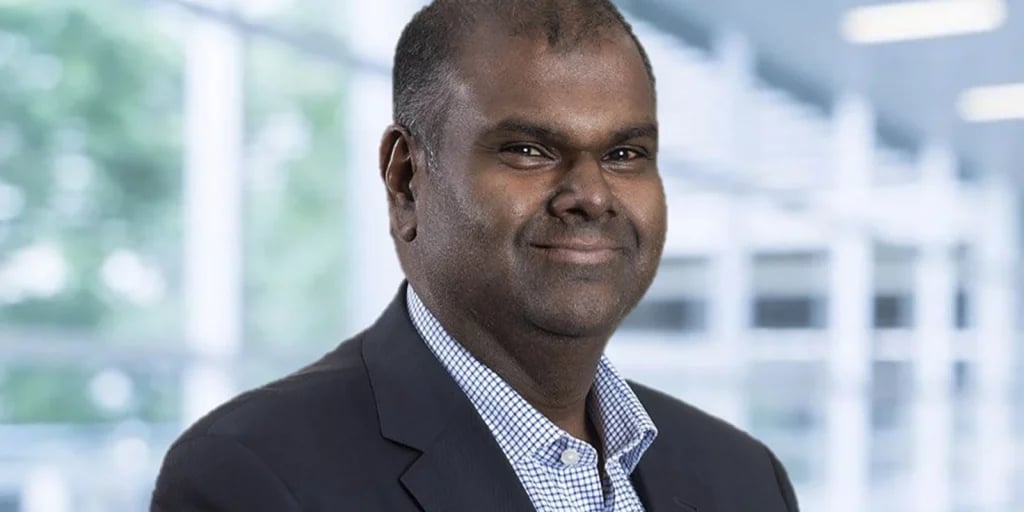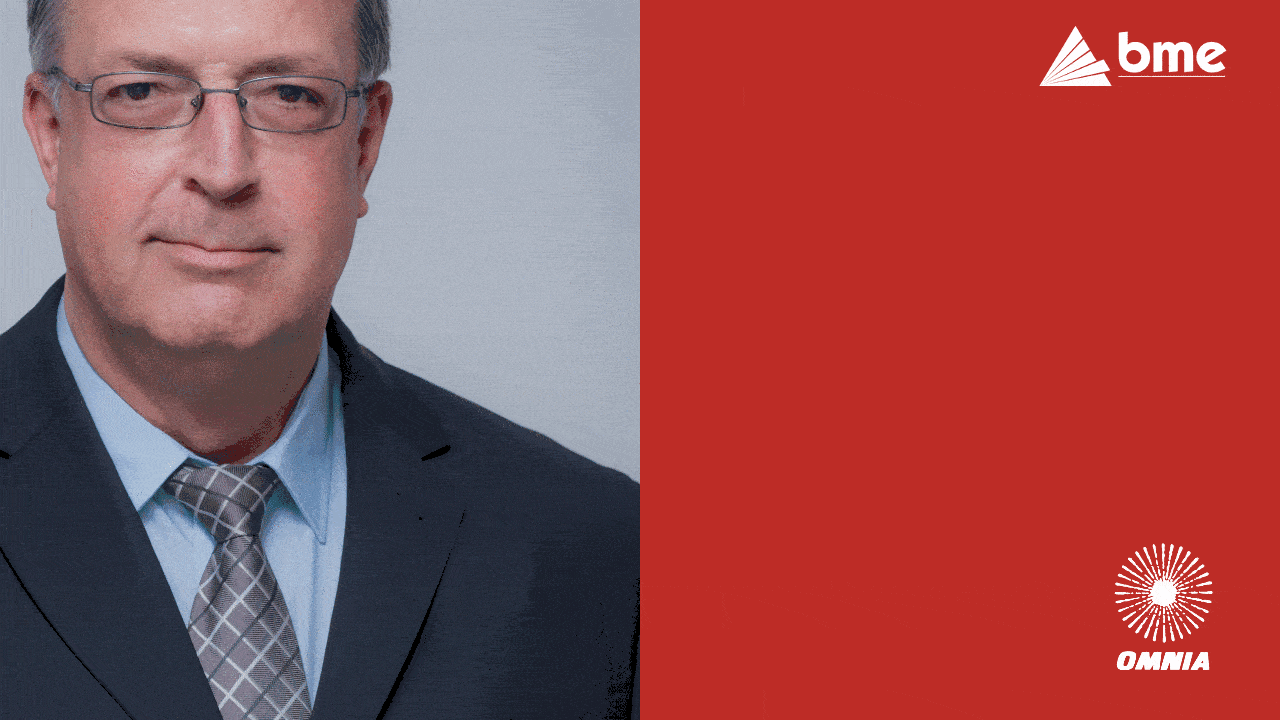
“My dream would be that we can better connect all the countries in Africa so that we can move what is required from one side to the other. Seamless rail connections, roads and pipelines would be part of this dream, enabling every country to more easily share its resources with others”
Seelan Gobalsamy – CEO of Omnia Holdings Ltd
Seelan Gobalsamy says there is considerable agricultural potential in East Africa, which exports products globally, but which still has much untapped opportunity. Similarly, West Africa is particularly rich in minerals and has only begun to explore this path to economic growth.
Gobalsamy believes that a united approach to improve transport infrastructure is likely to be the only way to achieve such an outcome.
“The Covid-19 pandemic has reminded us that our destinies are linked, and that there are no winners where there are also losers. Our approach needs to find win-win solutions for Africa.”
Gobalsamy says population growth and increased urbanisation are primary drivers for economic growth.
Research website Statista shows that Africa’s population grew by 2.49% between 2019 and 2020. The continent’s population is expected to continue to increase significantly, reaching nearly 2.5-billion people by 2050.
“Population growth creates many opportunities for economic growth, as countries need industrial and food production to sustain themselves. Some countries in West Africa are particularly populous. Generally, Africa represents huge potential as a collection of emerging and frontier markets.”
He adds that Omnia Holdings’ position in primary sectors, such as agriculture and mining, means that the group is “a bedrock of Africa’s economies”, with a significant role to play in the continent’s economic future.
However, infrastructure is not the only constraint to doing business in Africa. The difficulty and high cost of moving skills and expertise adds to the infrastructure constraint.
Gobalsamy says it would also improve progress if national regulations were better aligned to facilitate trade and communication, within and across borders.
“Africa also faces deep inequalities, which can create instability and disruption when poverty is not effectively addressed. This is a key reason why Omnia Holdings includes enhancing livelihoods as one of our central purposes of doing business,” he explains.
Omnia Holdings is focused on three priorities: protecting life by promoting food security, creating sustainable livelihoods by enabling economic growth and promoting sustainability by doing business in a responsible way.
“Whatever we do, we believe it must leave society and the environment better off,” he says, adding that the processes must, therefore, be responsibly implemented ones, which are beneficial to the communities and environment in which Omnia operates, as well as to its employees.
“There are consequences to being irresponsible. It is more important to do what is right than to focus purely on making money. Running a responsible business should be the starting point, and that will generate revenue and profit in the long term which is also sustainable. Doing the right thing can be difficult, but these are the important decisions that leaders need to make,” Gobalsamy states.
He says Omnia applies this approach to its facilities and the way it serves customers in their environments.
“This means that we try to enhance sustainability up and down the supply chain. These contributions range from organic agricultural product alternatives, to technology investments to enhance mine blasting efficiency with a lower environmental impact, to supplying customers involved with hydrogen solutions for storing energy in our chemicals business.”
The Human Factor
In terms of human resources, Gobalsamy believes localisation should be approached with integrity and with the commercial imperatives of each business in mind.
Omnia Holdings aims to build positive relationships that will support its presence and expansion in host countries through local engagement. It prioritises a combination of local staff and expatriate employees in all the countries where the group operates.
“We then actively drive the process of skills transfer, developing the expertise of local staff through various on-the-job training and external progammes,” Gobalsamy explains.
He adds that the group recognises the importance of human resources as the cornerstone of success for any business.
“We know it’s our people, their skills, their motivation and their discipline that makes our business successful,” he says.
While Covid-19 seriously disrupted so many supply chains, Gobalsamy says Omnia Holdings adapted well, consequently enabling it to continue supplying customers in agriculture and mining across Africa.
The group’s primary inputs of ammonia come from sources in Africa and abroad, thereby ensuring that supply chains have remained intact, he says.
Moreover, the group made progress in vaccinating staff throughout Africa, including in the Democratic Republic of Congo, Zimbabwe, Zambia and South Africa.
Gobalsamy supports the idea of a vaccine passport to ensure continued business.
“Africa still has to deal with the ongoing challenges of the pandemic as the virus continues to mutate and demand the roll-out of booster vaccinations. There is a need for a workable system of identifying people who have been vaccinated, so that they can travel more easily through the continent and streamline the business of getting people back to work,” he points out.
In Southern African Development Community countries, Omnia’s businesses provide agriculture, mining, chemicals and fuel offerings. In addition to a strong presence in South Africa, the group has an extensive footprint in Zambia in both the agricultural and mining sectors, as well as in West and East Africa.
In the North and West Africa, the group is more focused on mining activity through explosives subsidiary BME’s supply of explosives and blasting equipment, accessories and services. Chemicals subsidiary Protea Chemicals distributes primary and speciality chemicals throughout Africa, serving industries such as manufacturing, mining, water treatment, food and cosmetics.
Originally posted in: Engineering News | Mining Weekly










